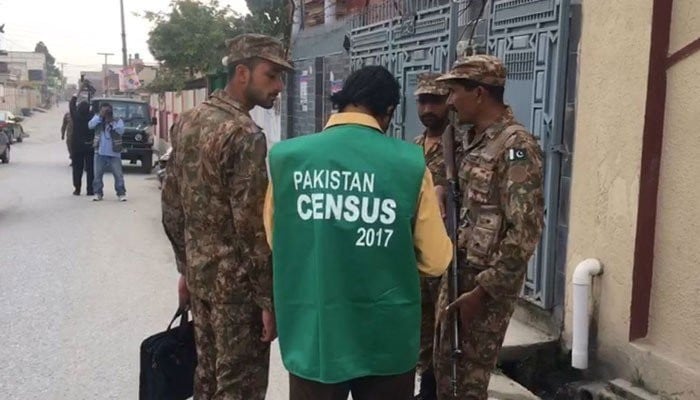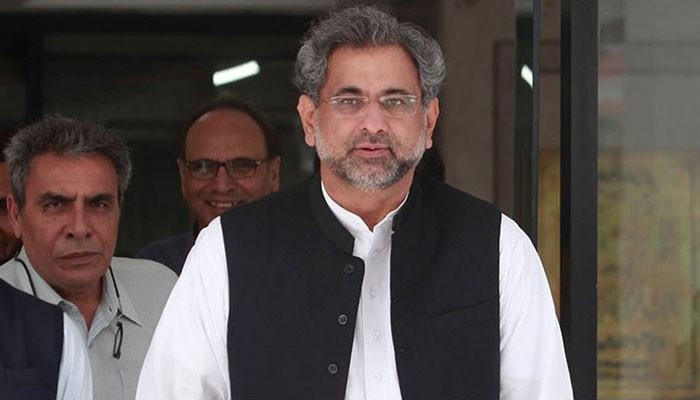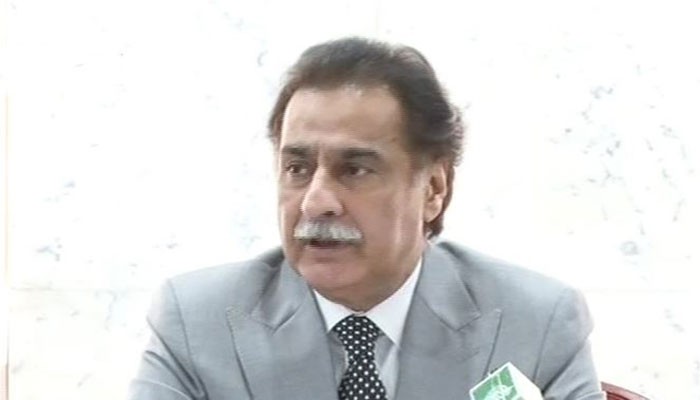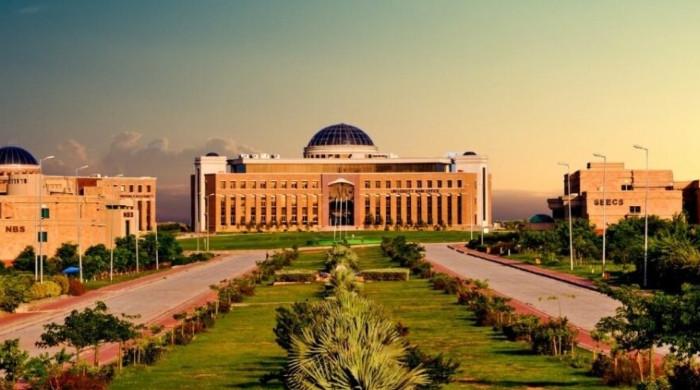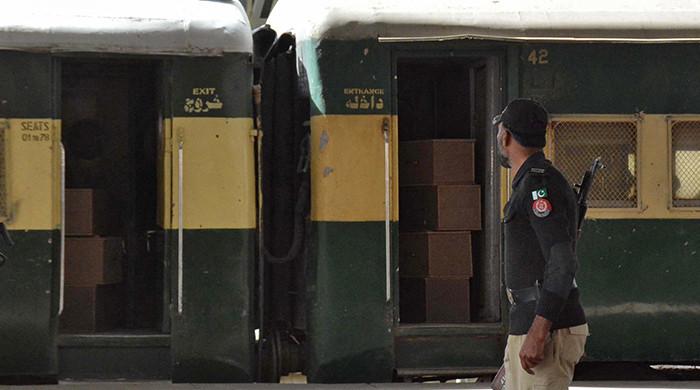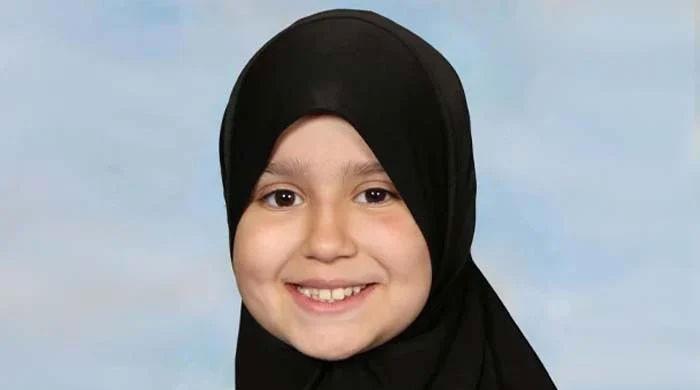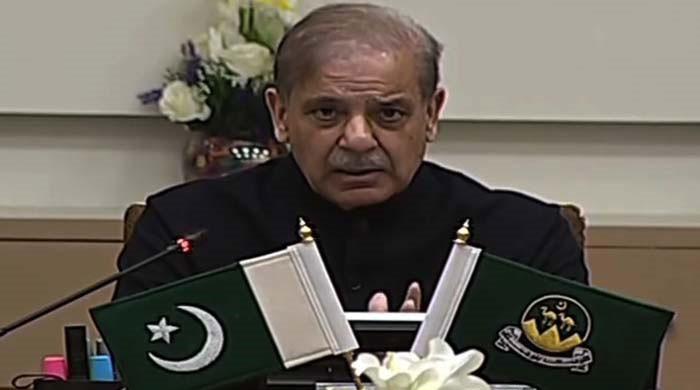General Elections 2018: CCI approves delimitation on provisional census results
The council admits Sindh government's right to get the census record checked and verified
November 13, 2017
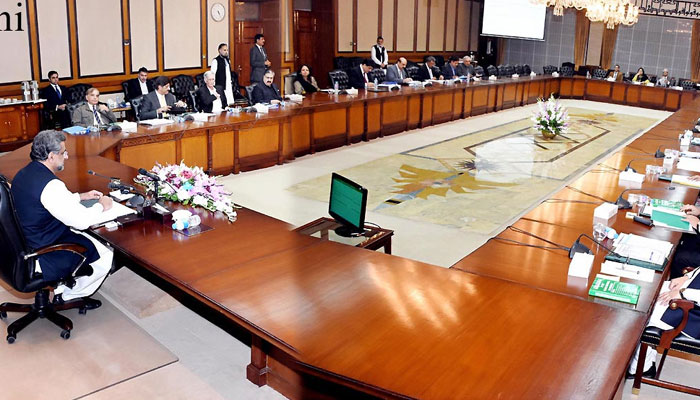
ISLAMABAD: The Council of Common Interests (CCI) on Monday approved delimitation of new constituencies on the basis of provisional results of Population Census 2017, paving a way for timely conduct of next general elections.
The 33rd meeting of the CCI was attended by chief ministers of Punjab, Sindh, Khyber Pakhtunkhwa and Balochistan, who resolved to hold elections on time.
Prime Minister Shahid Khaqan Abbasi chaired the meeting, with federal ministers for inter-provincial coordination, industries and production, and finance also in presence.
The meeting approved usage of provisional census results for delimitation process.
Briefing the media, PM's special aide Musaddiq Mailk said the political leadership resolved a major constitutional crisis through wisdom. "The election commission will immediately start working on delimitation of new constituencies following a constitutional amendment," he said.
The CCI also admitted Sindh government's right to get the census record checked and verified.
Malik said suspicions regarding Karachi's population were also addressed at the meeting.
He said for examining the census process, the meeting approved audit of 1 per cent selected blocks by an independent body.
The formula to check and verify census record applies to all provinces.
The council, however, suggested against increasing seats in the representative assemblies.
Iqbal replaces Dar in CCI
The seat of Finance Minister Ishaq Dar, who has been in London for around two weeks for medical treatment, was replaced by Planning and Reforms Minister Ahsan Iqbal in the CCI, according to a notification issued today. Iqbal also holds the portfolio of the Ministry of Interior.
At present, Dar is facing a corruption case filed by the National Accountability Bureau (NAB) in light of the Supreme Court's judgment in the Panama Papers case.
After Prime Minister Shahid Khaqan Abbasi took office in August this year, he replaced Dar's chairmanship of the Economic Coordination Committee of the federal cabinet with himself.
Census at CCI
Population Census 2017 had been a bone of contention between Sindh and the federal government, especially as it led to an impasse vis-à-vis the required legislation on the delimitation of new constituencies as per the latest population count.
Sindh claimed it was undercounted in the new census, whereas the federal government rejected the assertion.
Earlier, parliamentary parties also failed to agree, despite several meetings, over the new delimitation of constituencies for the National Assembly.
The Pakistan Peoples Party (PPP), which is the ruling party in Sindh, demanded in the meetings that the matter must be resolved in a CCI meeting.
However, despite the deadlock, all political parties represented in Parliament were in agreement that the next elections should not be delayed.
In one of the earlier meetings, the parties had agreed on keeping the total number of NA seats the same and changing the quota of the provinces in light of the provisional census results.
By that formula, the seats in NA from Sindh and FATA were to remain the same, whereas those from Punjab would decrease by nine. Thus, Balochistan would get three more NA seats, Islamabad one and Khyber Pakhtunkhwa five.
The Election Commission of Pakistan, which conducts the elections, has said it needs Parliament to pass necessary legislation in line with the latest census if next year's elections are to be held on time.
